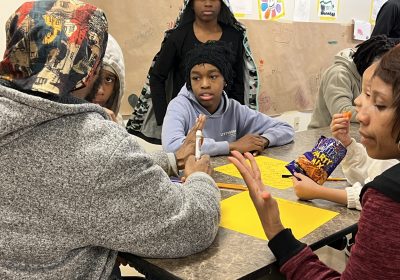By Karen Price
Tasked with distributing $1.4 million dollars in relief and recovery funding in 2021, PA Humanities saw a unique opportunity.
First and foremost, the organization had the chance to help nonprofits using the tools of the humanities to create a more resilient Pennsylvania not only to survive the pandemic, but also emerge stronger. At the same time, PA Humanities could diligently work to become an even more equitable grantmaker, part of an overall organizational goal to center equity in all its decisions.
“Throughout all our work, PA Humanities seeks to engage diverse audiences representing Pennsylvanians everywhere,” executive director Laurie Zierer said. “It was also essential to center equity in our recovery and growth initiatives, which are now helping to sustain communities across the state. For us, a key part of that work was supporting organizations that value authentic community engagement and that foster a sense of belonging in their spaces so that everyone in their community feels equally present and with actual influence.”
As a result, PA Humanities reviewed 337 eligible applications and awarded grants to 92 nonprofits including libraries, museums, cultural organizations, and community centers through PA SHARP (Sustaining the Humanities through the American Rescue Plan), with funding from the National Endowment for the Humanities and additional funding through Spring Point Partners for Philadelphia-based nonprofits. By awarding 80 percent of what each organization requested across the board, each grant provides meaningful assistance toward recovery and growth.
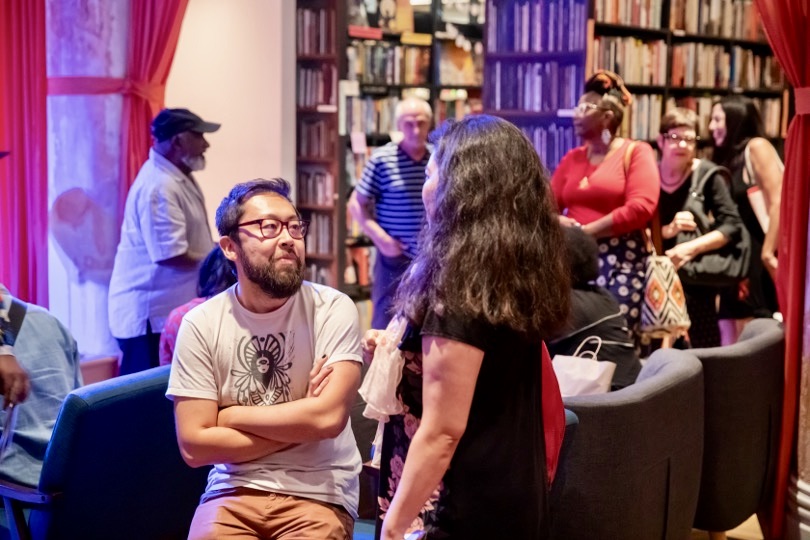
Of the 92 grantees, 24 percent went to organizations that self-identify as BIPOC/AAPI – or Black, Indigenous, People of Color/Asian American Pacific Islander – serving or led, a figure that corresponds to the percentage of the state BIPOC/AAPI population as identified in the 2020 census. Such organizations include City of Asylum in Pittsburgh, Taller Puertorriqueño in Philadelphia, the Chester Cultural Arts Center in Chester and Historic Germantown in Philadelphia.
Twenty-three percent of grantee organizations are located in rural counties, on par with the 26 percent of the state population, according to the Center for Rural Pennsylvania. More than 40 percent of the overall grantees have never received funding from PA Humanities.
The Adams County Arts Council, located in Gettysburg, is one organization that checks a number of those boxes. A rural organization that’s new to PA Humanities, their mission is rooted in the arts but they are engaged in significant humanities work.
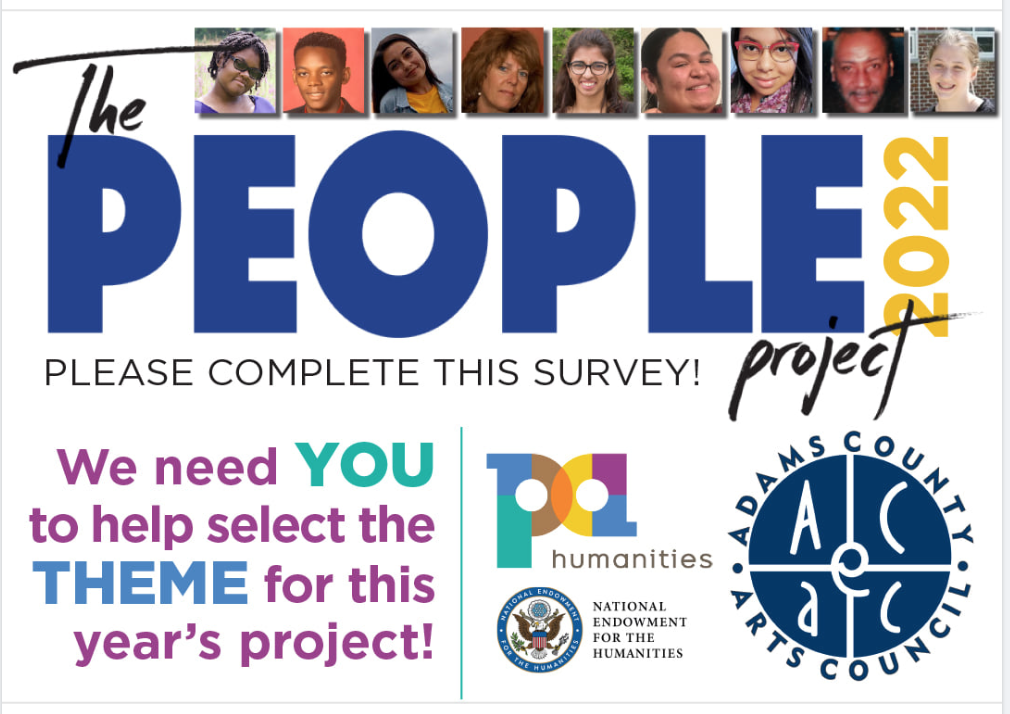
“They’re doing a project about collecting stories, and although the arts are a part of it, it’s about how the stories feed into the art,” PA Humanities senior program officer Jen Danifo said. “The project is asking people to share their stories and creatively interpret those stories, so that’s an example of an organization whose mission is about arts creation and performance, but that has another layer to it where they are doing humanities work.”
To select grantees, PA Humanities assembled a diverse team of 46 internal and external reviewers from across the state, discussed organizational priorities and welcomed feedback on the process. Allen Dieterich-Ward is an environmental and urban historian with a focus on political ecology and community development. He’s a professor of history at Shippensburg University, a past president of the Pennsylvania Historical Association and a current board member with PA Humanities and was one of the reviewers.
“Getting to serve as a reviewer for PA SHARP really helped to underscore this feeling that I’ve been having for the past decade that there is this common bond between all these different groups and different people that really believe in the transformative power of storytelling to support community development and change in a variety of ways,” he said. “I was particularly heartened to see the diversity – and I use diversity in the widest possible sense – of organizations and programs that were applying for PA SHARP funds.”
“Throughout all our work, PA Humanities seeks to engage diverse audiences representing Pennsylvanians everywhere. It was also essential to center equity in our recovery and growth initiatives, which are now helping to sustain communities across the state.”
PA Humanities executive director Laurie Zierer
Sarah Merritt, who is the Director of Creative Communities at the Pennsylvania Council on the Arts, was one of the external reviewers. It was a great opportunity, she said, with a strong cross-section of communities applying.
Most of the applications she reviewed were from arts organizations, and Merritt found it interesting to see how they articulated their humanities work in their programming. Her previous work as a county arts council director in North Carolina helped bring a unique perspective to the review process.
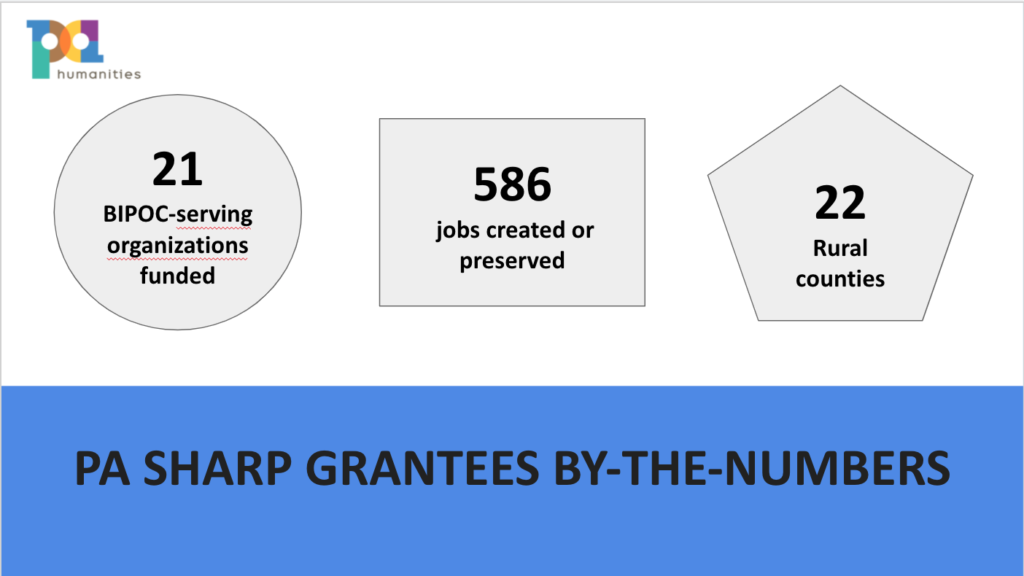
“I learned pretty early on how to build humanities programming into the work that we were doing so I could get humanities council support,” she said. “But I also realized very early on also that this work is really important to support our mission and the work we were doing to connect with the community better.”
The grants were announced in December. In March, PA Humanities kicks off its Learning Network, through which all grantees will participate in online sessions to foster resource sharing, networking, professional development and mutual support.
Internally, PA Humanities is looking at what they learned from the process and how to use that insight moving forward.
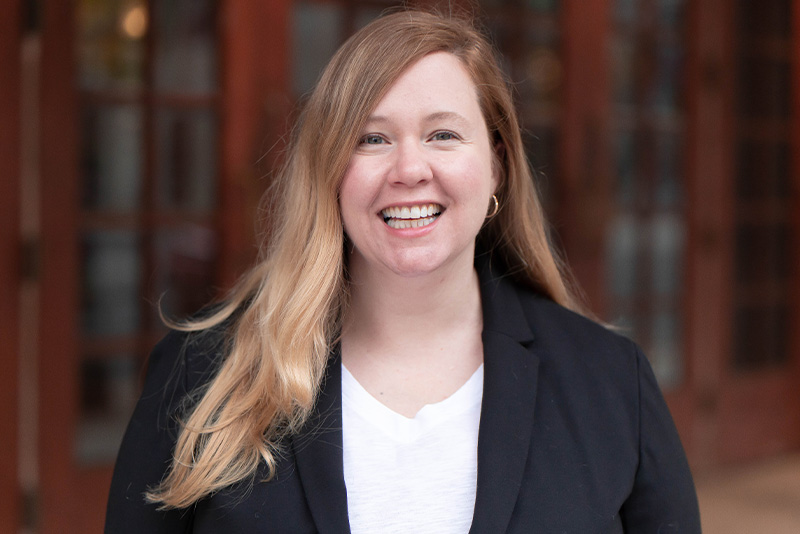
For the first time, PA Humanities offered to share feedback with applicants who did not receive funding through SHARP. Danifo personally called several dozen applicants, who expressed appreciation for the opportunity to learn useful information for future opportunities, and those conversations helped build relationships between PA Humanities and potential grantees by opening lines of communication.
Other insights came out of the review process, including the potential for bias.
For instance, one question that arose dealt with how the quality of writing in an application may bias the reviewer. Is there a tendency to want to fund an application that’s very well-written over one that may not be quite as well-written but has a mission or program equally worthy of support?
“I want to build that in the next time, thinking about reviewers and staff and recognizing where our biases lie and being more aware of them so maybe we can have even more equity in funding different organizations as opposed to the ones that have the shiny, great proposals,” Danifo said.
PA Humanities also wants to increase its outreach to new organizations, collect more data on impact and audiences served and advocate for increased funding to meet the substantial need that still exists. One statistic that PA Humanities staff will bring to legislators at the annual Humanities on the Hill summit in March is that they could have funded an additional $3.9 million in qualified grants if they had the resources. The $1.4 million distributed represented only 22 percent of the total $6.23 million requested from the 337 applicants.
“Advocacy is key,” Danifo said. “We’ll be talking to our leaders both in the state and federally about the impact on the humanities sector resulting from the pandemic. Being able to tell that story is crucial. We also want to talk to statewide partners including PA Council on the Arts, the Pennsylvania Historical and Museum Commission and others about what we’re seeing. This is a really big story.”

Funding for PA SHARP comes from PA Humanities’ federal partner, the National Endowment for the Humanities (NEH), as part of the American Rescue Plan Act of 2021. Additional funding comes from Spring Point Partners to support 16 organizations that serve Philadelphia’s BIPOC and new immigrant communities.
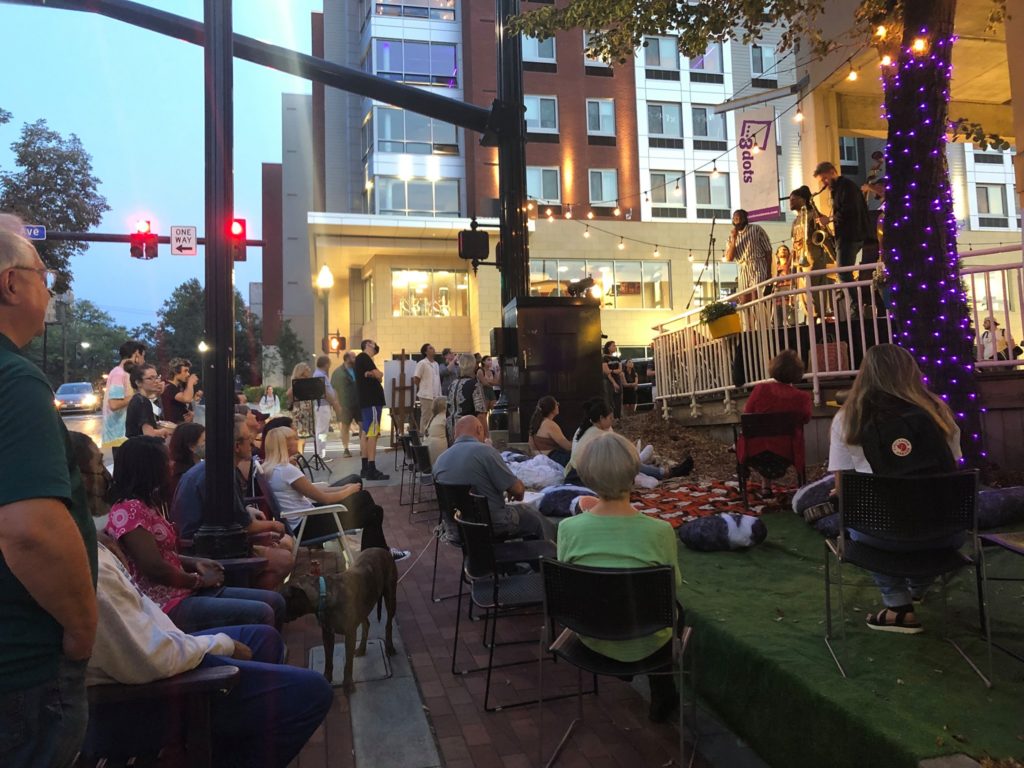
![[color – dark bg] PA SHARP FINAL FILES DB 72dpi [color - dark bg] PA SHARP FINAL FILES DB 72dpi](https://pahumanities.org/uploads/files/elementor/thumbs/color-dark-bg-PA-SHARP-FINAL-FILES-DB-72dpi-phgl7aimtfdpzt2rscvl43ksfv3asbbls19lsvuacw.jpg)
